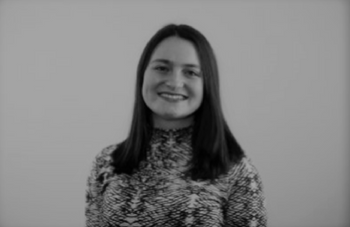Onslaught of intellectual diversity laws challenge challenge the left's grip on academia
According to Stanley Kurtz, these laws are needed for "restoring a culture of respectful discussion and debate will thus bolster civility, safeguard liberty, strengthen citizenship, and deepen knowledge."
The legislation states that universities must "invite and host speakers who can ably articulate widely-held perspectives on public policy issues otherwise poorly represented on campus."
The National Association of Scholars is working with public universities in Missouri, Iowa Kansas, and Arizona to pass legislation that promotes intellectual diversity.
The University of Chicago was the first school to make a statement regarding its support of the First Amendment. Colleges then began taking more initiatives to protect free speech after President Donald Trump’s executive order declaring that universities would risk losing federal funding if they do not protect free speech.
In a piece published in National Review, Stanley Kurtz explained that he proposed this legislation after seeing the censorship of viewpoints on college campuses. The polarization associated with modern-day politics is indicative of “the underlying intellectual monoculture.” Kurtz writes that for conservatives especially, “there is no free market of ideas in academia.”
[RELATED: STUDY: Free speech under ‘serious threat’ at Wisconsin colleges]
South Dakota State University, along with South Dakota’s five other public universities, has implemented reforms ensuring that free speech is protected regardless of how “offensive” it may be. The Student Association’s Board of Regents must report annually on “all the actions taken by each institution to promote and ensure intellectual diversity and free exchange of ideas” and record “any events or occurrences that impeded intellectual diversity and free exchange of ideas.”
The intellectual diversity laws being presented in Missouri, Iowa, Kansas, and Arizona describe actions that universities should take to promote all viewpoints. This includes “staging debates, group forums, and individual lectures that address from multiple, divergent, and opposing perspectives” and “inviting speakers who hold a wide diversity of perspectives.”
Universities must also be “maintaining a permanent, publicly accessible, searchable, and up-to-date calendar in print and Internet-accessible formats listing all events sponsored by the Office of Public Policy Events.”
Any events which are organized and hosted by the school must allow for all students to attend.
Follow the author of this article on Twitter: @KestecherLacey

